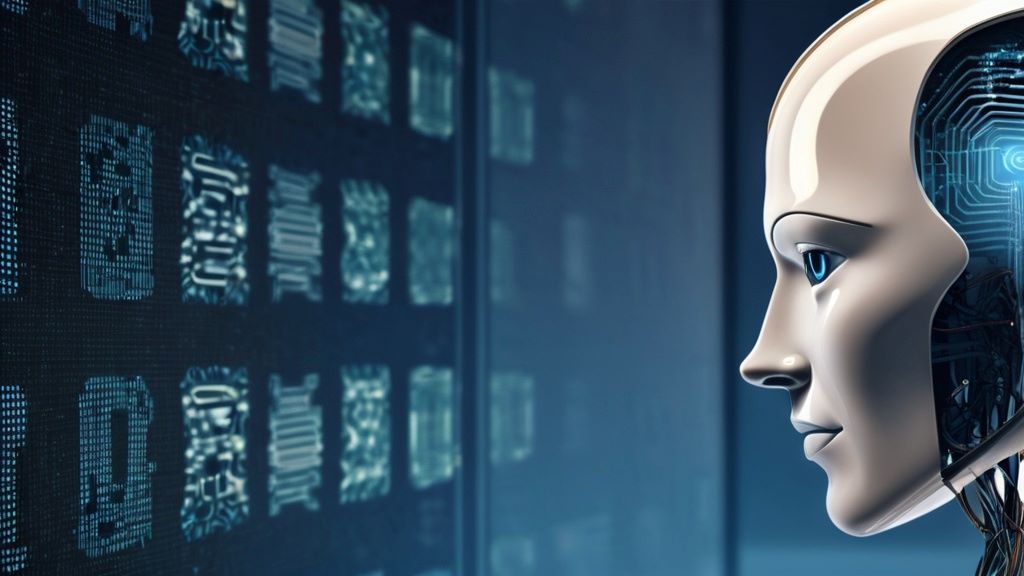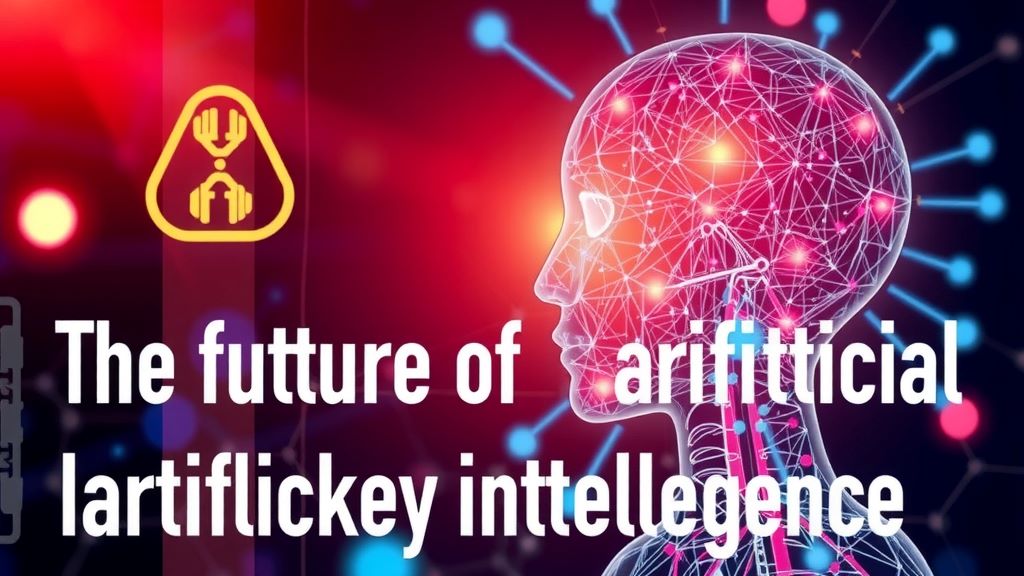Artificial Intelligence
Artificial Intelligence (AI) has become an integral part of our daily lives, transforming how we interact with technology and each other. From virtual assistants to personalized recommendations, AI is reshaping our experiences in various domains. This article explores the impact of artificial intelligence on everyday life, highlighting its applications, benefits, challenges, and the future of AI in society.

Understanding Artificial Intelligence
Artificial Intelligence refers to the simulation of human intelligence processes by machines, particularly computer systems. These processes include learning (the acquisition of information and rules for using it), reasoning (using rules to reach approximate or definite conclusions), and self-correction. AI can be classified into two main categories:
- Narrow AI: This type of AI is designed to perform a narrow task, such as facial recognition, internet searches, or self-driving car functionalities. Most of the AI applications we encounter today fall under this category.
- General AI: This theoretical form of AI would possess the ability to perform any intellectual task that a human can do. General AI remains a concept rather than a reality and is the subject of ongoing research and debate.
Impact of AI on Everyday Life
- Smart Assistants and Home Automation: Virtual assistants like Amazon’s Alexa, Apple’s Siri, and Google Assistant have revolutionized how we manage our daily tasks. These AI-powered tools can answer questions, control smart home devices, play music, set reminders, and even make shopping lists. Home automation systems allow users to control lighting, heating, and security systems from their smartphones, enhancing convenience and energy efficiency.
- Personalized Recommendations: AI algorithms analyze user behavior and preferences to provide tailored recommendations. Streaming services like Netflix and Spotify use AI to suggest movies, shows, and music based on individual tastes. E-commerce platforms like Amazon rely on AI to recommend products, leading to increased sales and enhanced user experiences.
- Healthcare Innovations: AI is making significant strides in healthcare, improving diagnostics, treatment plans, and patient outcomes. Machine learning algorithms can analyze medical images, such as X-rays and MRIs, to detect anomalies more accurately than human radiologists. AI-powered chatbots can assist patients in scheduling appointments, answering health-related queries, and providing personalized health advice.
- Autonomous Vehicles: The development of self-driving cars represents one of the most exciting applications of AI. Companies like Tesla, Waymo, and Uber are investing heavily in this technology, which promises to improve road safety and reduce traffic congestion. AI systems enable vehicles to navigate, make real-time decisions, and adapt to changing road conditions, potentially revolutionizing transportation.
- Enhanced Customer Service: AI-powered chatbots and virtual customer assistants have transformed how businesses interact with customers. These tools can handle inquiries, resolve issues, and provide support 24/7, improving customer satisfaction and reducing operational costs. By automating routine tasks, companies can allocate human resources to more complex customer needs.
Benefits of AI in Everyday Life
- Increased Efficiency: AI systems can process vast amounts of data and perform tasks more quickly than humans. This efficiency leads to improved productivity across various sectors, from manufacturing to customer service.
- Cost Savings: By automating repetitive tasks and enhancing decision-making processes, AI can help organizations reduce operational costs. For instance, predictive maintenance powered by AI can identify equipment issues before they lead to costly breakdowns.
- Improved Accuracy: AI algorithms are capable of analyzing data with high precision, minimizing human error. This accuracy is especially beneficial in fields like healthcare, where precise diagnostics can significantly impact patient outcomes.
- Accessibility: AI technologies are making information and services more accessible to people with disabilities. Voice recognition and natural language processing enable individuals with mobility challenges to interact with devices, while AI-driven tools can assist those with visual impairments by describing their surroundings.
Challenges and Concerns
- Privacy Issues: As AI systems collect and analyze vast amounts of personal data, privacy concerns have become increasingly prominent. Users often lack transparency about how their data is used, leading to potential misuse and ethical dilemmas.
- Job Displacement: The automation of tasks traditionally performed by humans raises concerns about job displacement. While AI can create new job opportunities, there is a fear that many workers may struggle to adapt to changing job requirements.
- Bias in AI Algorithms: AI systems are only as good as the data they are trained on. If the training data is biased, the AI algorithms may produce biased outcomes, leading to discrimination in areas like hiring and law enforcement.
- Security Risks: AI can be exploited for malicious purposes, such as creating deepfakes or conducting cyber attacks. Ensuring the security of AI systems is critical to preventing misuse and protecting sensitive information.
The Future of AI in Society
The future of AI holds immense potential for further transforming everyday life. As technology continues to advance, we can expect more sophisticated AI applications that enhance our experiences and solve complex problems. However, the development of AI must be approached responsibly, with careful consideration of ethical implications and societal impacts.
- Collaboration Between Humans and AI: The most effective use of AI will likely involve collaboration between humans and machines. AI can assist in decision-making processes, but human oversight will remain crucial to ensure ethical and moral considerations are taken into account.
- Regulatory Frameworks: As AI becomes more integrated into society, the need for regulatory frameworks to govern its use will become essential. Policymakers must balance innovation with the protection of individual rights and societal interests.
- Education and Training: Preparing the workforce for an AI-driven future will require a focus on education and training programs that equip individuals with the skills needed to thrive in a technology-rich environment. Emphasizing STEM (science, technology, engineering, and mathematics) education will be vital in fostering a workforce capable of adapting to new challenges.
- Public Awareness and Engagement: Increasing public awareness of AI and its implications will be essential in shaping a future where technology serves the greater good. Engaging in conversations about AI’s role in society can help address concerns and foster trust among users.
Conclusion
Artificial Intelligence is reshaping our everyday lives in profound ways, offering numerous benefits while also presenting challenges that require careful consideration. As we continue to embrace AI technologies, it is crucial to prioritize ethical practices, data privacy, and societal impacts. By doing so, we can harness the full potential of artificial intelligence to enhance our lives, drive innovation, and build a better future for all.
For more information on artificial intelligence and its applications, consider exploring resources from MIT Technology Review and Stanford University’s AI Index.



